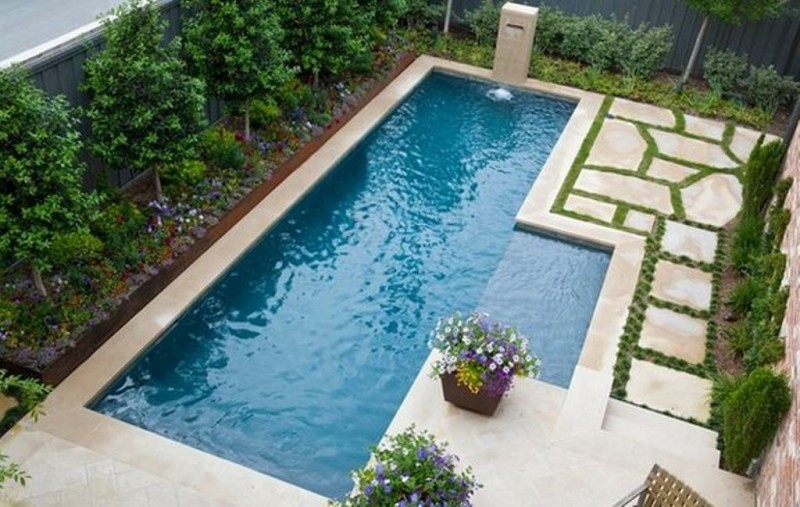Whether your swimming pool is indoors or outdoors, damage can occur if the gaps between tiles remain unsealed. Caulking should be a necessity if you are planning to lower the cost of maintenance and make your pool attractive. During winter, water in pools freeze, and as temperatures rise toward the summer season, it is important to prepare it by caulking faulted sections. Here are some of the reasons you need to caulk your swimming pool.
Prevent damage from freezing water cycles
Caulking is an essential in swimming pools, to prevent damage from freezing water cycles. Just like objects, heat has an effect on the materials used to construct a swimming pool. Due to heat changes, the water in the pool is at the time hot and other times cold. As a result, there is expansion and contraction of the materials, leading to cracks in the foundation of your pool. Through caulking, you create expansion gaps, which hinder the occurrence of damage.
Prevent water leakage
If there are leakage gaps between the tiles of your pool, water can easily leak to the ground, especially during the summer period. As a result, the bonds between the pool shell and the tiles can be damaged, leading to breakage of the tiles. To prevent breakage of tiles during summer, it is important to caulk your pool, to ensure there is no leakage, and to keep the tiles intact.
Reduce maintenance cost
If your swimming pool has water leaks, your maintenance cost will increase, due to excess water charges. The general areas for leaks to occur are water outlets, to the pool through the filtering system, and the skimmer box. Through caulking, all gaps become watertight, which reduces your maintenance cost. Most faults in swimming pools result from cracks. Therefore, caulking simple cracks means you save on your maintenance costs.
Maintain cleanliness
It can be difficult to retain the cleanliness of your pool if there are cracks all over. By caulking your pool, you eliminate cracks where dirt and particles can settle, making it clean. Besides, insects and micro-organisms cannot find their way into the pool, from the soil.
Apart from caulking your pool to prevent damage. You should get pool covers to minimize energy loss through evaporation. Caulking is essential in your swimming pool, to ensure water does not get into the expansion joints. The expansion joints prevent damage occurring g in the pool, through allowing the pool and the deck expanding.
Similarly, if you want to avoid major renovations in your pool, ensure the expansion joints are properly caulked. For useful results of caulking, drain it below the leak, let it dry and then apply the caulk of your choice. However, for repair emergency, you can use caulking without removing the pool completely.
The swimming pool might be a residential or commercial, it doesn’t matter. You can get a professional residential or commercial caulking contractor to help you with caulk the swimming pool.
The right time for repairing your pool caulk is after five years. However, some sections of your pool caulk can be in existence for ten years before re-caulking. Ensure you choose the right caulk for your repairs.

